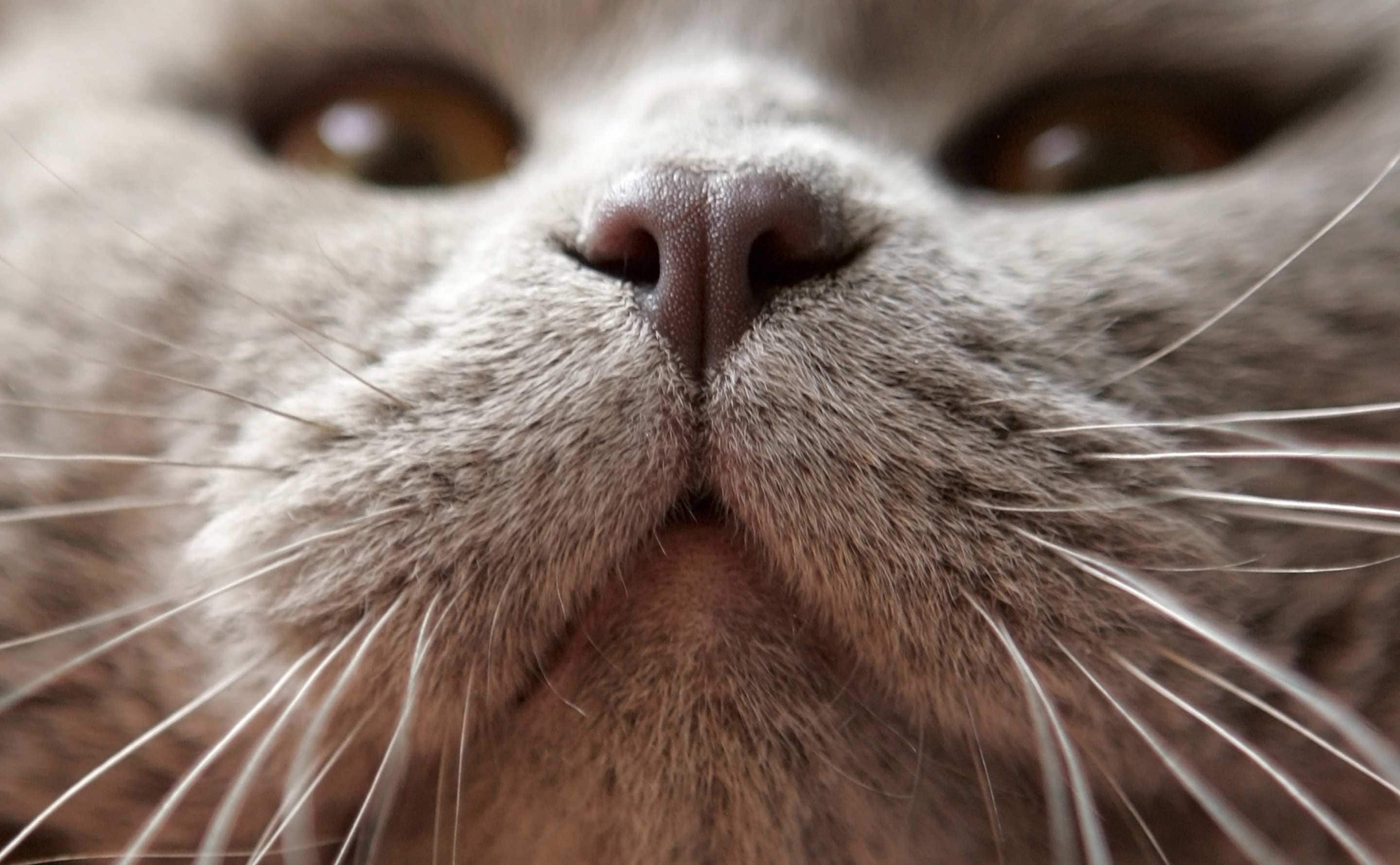
Research excellence drives Australia's top veterinary school
The University's breadth of research in the sciences includes outstanding work in veterinary and animal sciences, to address the world's biggest and most complex challenges.

For example, our researchers are working to prevent human epidemics of infectious diseases that originate in animals, safeguard food security through better animal production and improve the health and conservation of Australia’s native fauna and exotic species.
The University is ranked ninth in the world and first in Australia for veterinary science (QS World University Rankings by Subject 2016). Here is a snapshot of the ground-breaking work being done by some of our dedicated and world-renowned staff.
Dr Natasha Hamilton
Dr Natasha Hamilton’s analysis of complex genetic traits in racehorses could have enormous benefits for their performance, health and welfare.
"We are learning more about the influence of genes not only underlying racing performance and disease but also about health-related traits such as risk of fracture," she says.
Dr Hamilton’s work includes unravelling the DNA sequence of one of Australia’s greatest racehorses, Phar Lap.
Professor Kathy Belov
Professor Kathy Belov has been leading research to help ensure the survival of the endangered Tasmanian devil. Her team recently discovered evidence of a previously unknown population of devils living in the southwest of Tasmania.
"We are excited because it means that if we go and collect devils from the southwest, we will be able to increase the genetic diversity of the insurance population," Professor Belov says.
Professor David Raubenheimer
Professor David Raubenheimer is a world-renowned expert on nutritional ecology who has created new knowledge about the eating habits of many animals, from butterflies to giant pandas and colobus monkeys in Uganda. He has also led Charles Perkins Centre research on the causes of the global obesity epidemic.
Associate Professor Jaime Gongora
Associate Professor Jaime Gongora is providing crucial clues to explaining how saltwater crocodiles have evolved and survived over millions of years. His research has found that, “compared to bird genomes, crocodilians evolved approximately four times more slowly than birds. It challenges us to solve the mystery of how the crocodilians have maintained their genetic diversity and survived for hundreds of millions of years – given this slow mutation rate," Associate Professor Gongora says.
Professor Michael Ward
Professor Michael Ward’s research aims to minimise the threat of animal health emergencies (such as foot and mouth disease, avian influenza and rabies) to Australia and our neighbours in Southeast Asia. His most important work includes developing a multidisciplinary ‘One Health’ approach to emerging and re-emerging infectious diseases. Under this approach health researchers and practitioners at the human, animal and environmental interfaces work together to combat these diseases.
Professor Vanessa Barrs
Professor Vanessa Barrs is advancing our knowledge of infectious diseases in cats. One of her remarkable discoveries was identifying a new species of fungus that caused a rare upper respiratory infection in cats. At that stage only seven other cases had been reported around the world. Professor Barrs later named the fungus Aspergillus felis after the host it was first found in.
Professor Paul McGreevy
Professor Paul McGreevy is a world-renowned specialist in veterinary behavioural medicine. His recent research has found that using restrictive nosebands and bridles on horses during equestrian events can hurt them and increase their stress levels.
"This study is the first to show that a very common practice and a very common piece of gear is eliciting a stress response in horses," Professor Paul McGreevy says.
Professor McGreevy is also a chief investigator for VetCompass, a nationwide initiative that helps us to combat common health problems in cats, dogs and horses. The project uses standard electronic patient records (from daily veterinary consultations) to compile information about the frequency and risk factors for these disorders, and feed it into a database that informs research.
Associate Professor Robyn Alders
Associate Professor Robyn Alders has spent more than 20 years helping farmers in Africa and Asia to improve food and nutrition security on those continents. She was recently a driving force behind an Australian Government-funded project to vaccinate chickens in East Timor in support of improved maternal and child nutrition. Her work in Australia also deepens our understanding of food systems, human nutrition and micronutrient deficiency in the developed world
“You have significant numbers of people who are undernourished and an increasing number of people who are overweight… It's an indication that something is not right with our system,” Professor Alders told ABC Radio recently.
Professor Claire Wade
Professor Claire Wade and colleagues from the University of California have discovered a genetic mutation that causes cleft palate in certain dog breeds. She and her colleagues have developed a gene test to help breed litters of healthy puppies and ultimately eliminate the problem gene. The test is already being sold via the Orthopaedic Foundation for Animals.
To find out more, visit sydney.edu.au/vetscience/